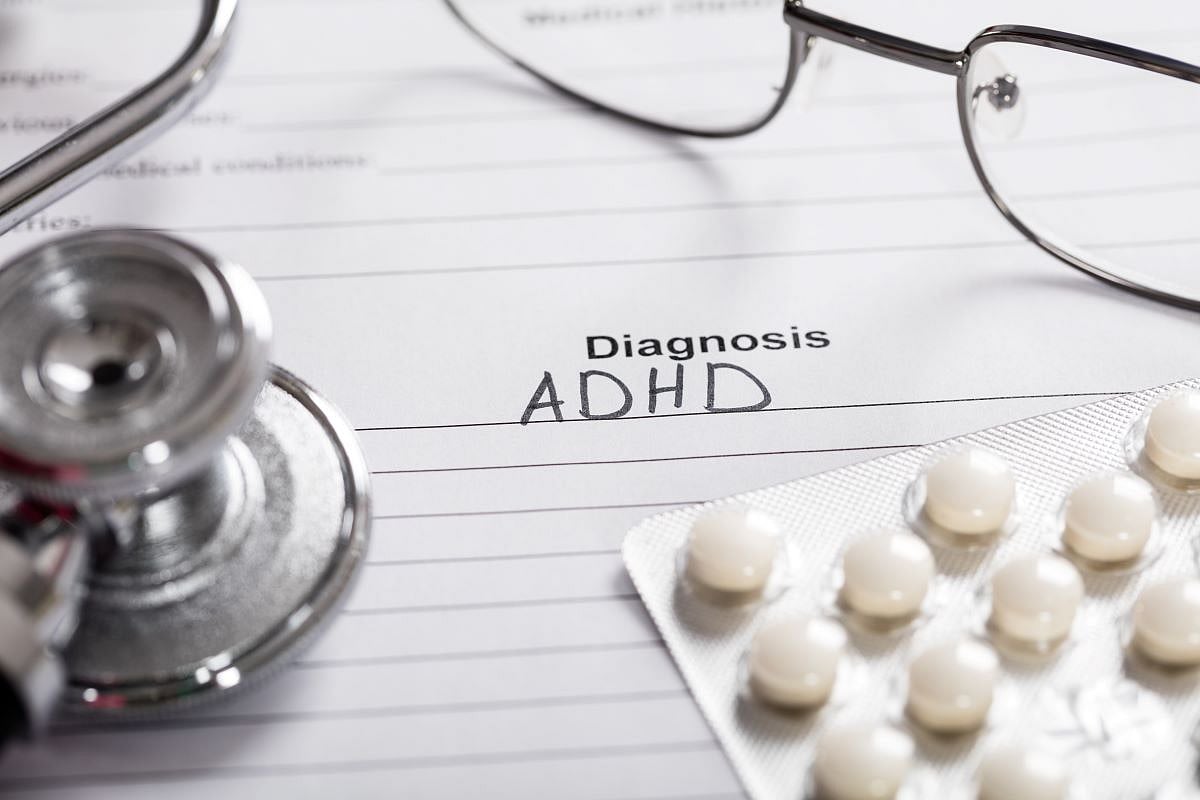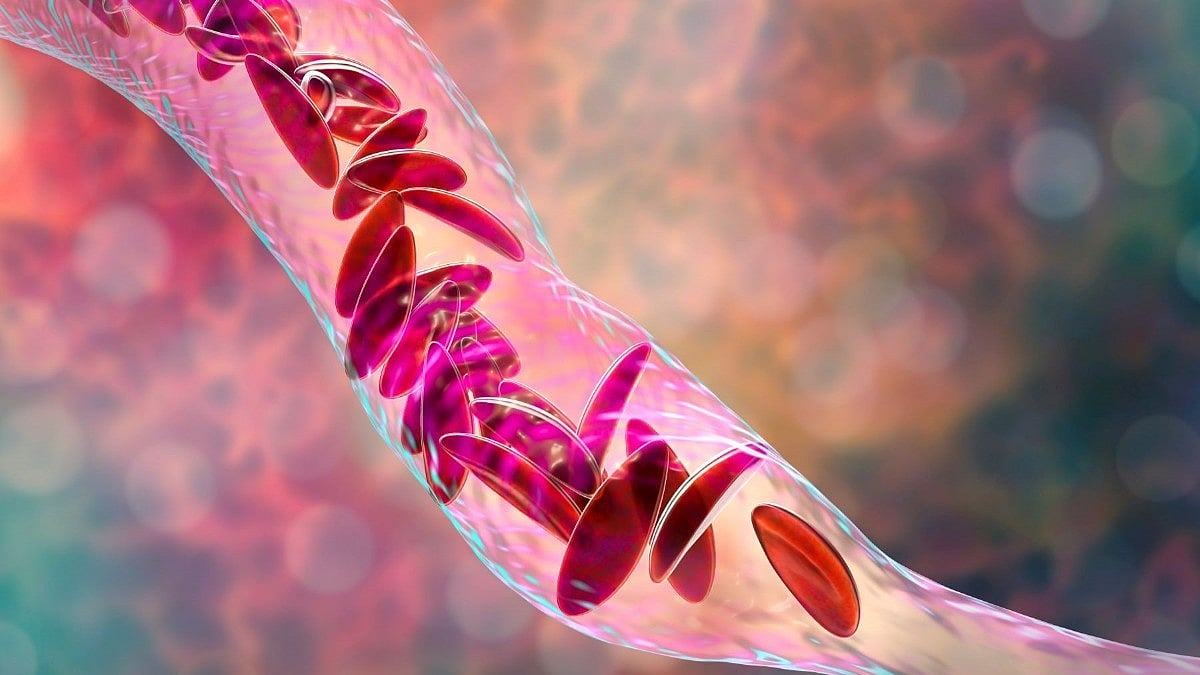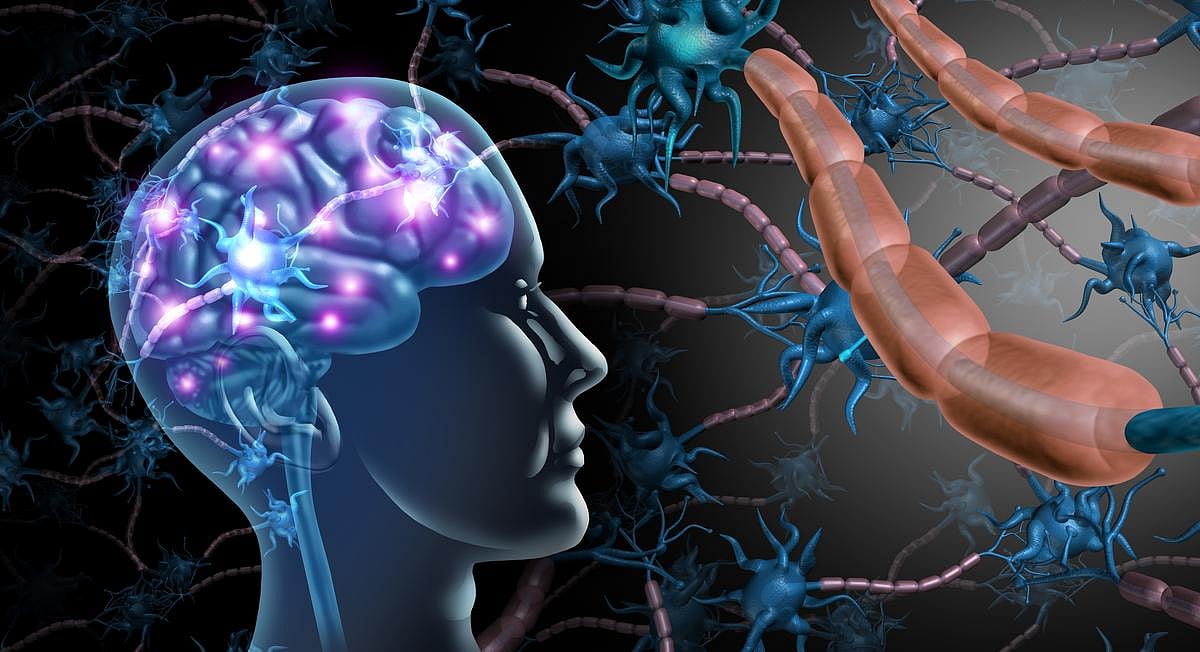
Worried about taking the ADHD meds you’ve been prescribed because they might harm your heart health? There’s no need to fret, according to a new evidence review. ADHD medications generally have just a small effect on a person’s blood pressure, heart rate and heart electrical activity, researchers reported in The Lancet Psychiatry. What’s more, there… read on > read on >






























